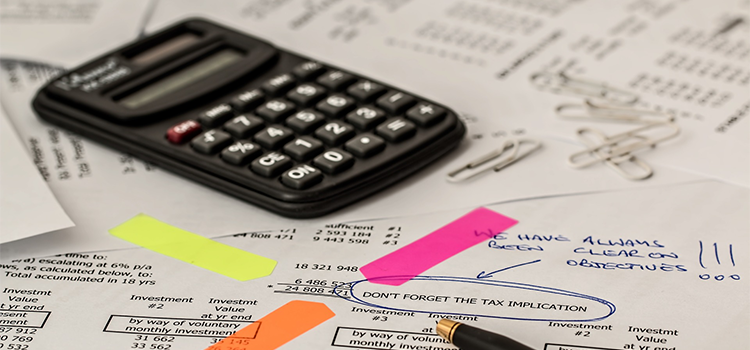What property managers should know about Airbnb/Vrbo tax collection
- Jan 31, 2020 | Jennifer Sokolowsky

Short-term rental platforms such as Airbnb and HomeAway/Vrbo automatically collect and remit lodging taxes on behalf of some of their listings. If you’re a property manager taking care of lodging taxes for your short-term rental clients, it’s important to be aware of whether taxes are already being collected for your client.
Sometimes, platform lodging tax collection can make managing tax compliance easier — but often it can add even more complication to an already complex task. Here’s what you need to know.
Platforms do not collect all taxes in all places
Your client is responsible for collecting all taxes that aren’t collected on their behalf. So in order for them to be fully compliant, you need to know which taxes they’re required to collect, and which taxes are collected for them.
Airbnb and HomeAway/Vrbo only collect taxes for hosts in jurisdictions where they have an agreement or are required by law to do so. This means you can’t assume all the required taxes are being collected by your client’s platform.
In many cases, the platform may collect tax for one jurisdiction that applies to your client’s rental, but not for all relevant jurisdictions. It’s even possible for a platform to collect one kind of tax within a jurisdiction, but not another kind of tax within the same jurisdiction. And if your client uses more than one platform, each platform may collect different taxes.
For example, vacation rental hosts in Miami Beach, Florida, are required to collect lodging taxes from guests for the city, Miami-Dade County, and the state. Airbnb and Vrbo collect state and Miami-Dade County lodging taxes on behalf of their hosts, but they don’t collect Miami Beach city taxes, so hosts are responsible for collecting and remitting those taxes.
Platforms often do not identify which hosts’ taxes they are paying
When short-term rental platforms collect lodging taxes for their hosts, they generally pay the aggregate amount they’ve collected for all hosts in a jurisdiction in one lump sum each reporting period. Although platforms are required to report host earnings data in some jurisdictions, tax authorities in many jurisdictions don’t know which taxes have been collected and paid for individual taxpayers.
Hosts don’t need to do anything more in some jurisdictions, while other jurisdictions require hosts to identify their individual earnings and taxes paid when they file lodging tax returns. It’s up to you to be sure you know the rules.
Platform collection can affect registration and filing
In some jurisdictions, short-term rental operators are required to register with tax authorities and file lodging tax returns, regardless of whether taxes are being collected for them by a platform. (See more about lodging tax registration and filing here.)
For example, in Los Angeles, Airbnb and HomeAway/Vrbo collect and remit transient occupancy tax on behalf of their Los Angeles hosts. However, hosts are still responsible for registering for a tax certificate, as well as filing monthly returns with the Office of Finance. Operators deduct the amount of tax collected and remitted by their short-term rental platform when they file their returns.
But not all jurisdictions have the same rules. In a few jurisdictions, such as Connecticut, if all of a short-term rental host’s taxes are being collected by platforms, the host is not required to register or file lodging tax returns.
This would only be the case if the platform collects all taxes due for the host’s property, and the host only operates through that platform. If the host makes additional bookings directly with guests or through a platform that does not collect the tax, the host would be required to register and file lodging taxes.
You have outsourcing options
The rules and realities of short-term rental platform tax collection are different for each client. Understanding the details is a key part of managing tax compliance for your clients, but it can take a lot of time and effort to make sure you’re getting it right.
MyLodgeTax can help by automating the entire lodging tax process, including filing. That means you don’t have to worry about what taxes are being collected for your client — the right amount of tax will be reported and paid every time. If you’re a property manager and have questions about short-term rental lodging tax, drop us a line and we’ll get back to you with answers.











